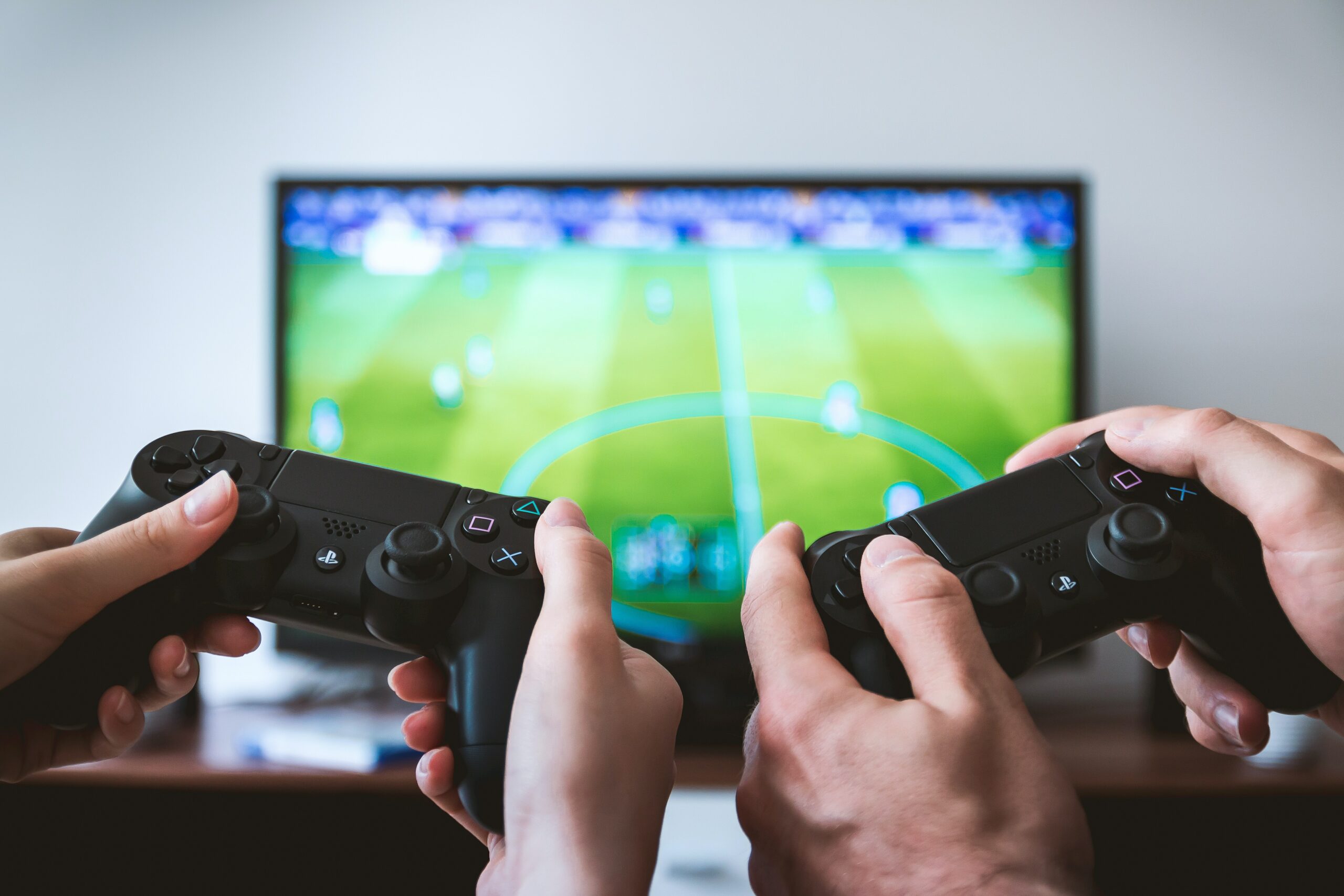In recent years there has been a harsh debate about gaming and how it has impacted gamers. With the rise of technology, gaming has become more than just an arcade machine for entertainment. It is competitive and professional, and gamers take their craft seriously.
Recent studies have indicated that gaming changes a person’s brain’s physical structure, similar to the way the brain changes when a person learns a new skill. It helps with better decision-making skills, cognitive functioning, and promotes social skills. With the rise of free online games and their easy accessibility, even beginners can seek comfort virtually. We conducted a study to understand this further and just how much gaming can also impact social interaction.
According to our poll, more than 80% of gamers said that gaming changed the way they socialized. We spoke to some avid gamers to understand this stat better. The most important comments we received were that gaming has led them to socialize more virtually than in real life.
On the other hand, a few of them opined that if their profession demands them to communicate well, then it does not affect how they socialize. Another segment felt that the COVID lockdown boosted gaming and virtual communication more, and made it a routine.
With these in mind, let’s explore the impact of online gaming on social interaction, the role of gaming in introversion, the relationship between gaming and communication skills, and more.
The effects gaming can have on a gamer differs from person to person. Online gaming has both positive and negative impacts on social interaction. On the positive side, it provides increased opportunities for socializing and connecting with people from different regions.
It has also been a boon for many during the COVID-19 pandemic lockdown as it helped them stay connected even while isolated. Further, it can help people with social anxiety form friendships in a secure space. It also helps in building the skills and confidence necessary to interact in real-life situations.
However, on the negative side, online gaming can decrease face-to-face social interaction for many and carries the risk of addiction. While online gaming has helped people socialize virtually, it can also lead to a lack of meaningful human interaction.
The role of gaming in introversion
Introverted individuals tend to prefer less social interaction than extroverted individuals. According to our interviews, two out of three individuals felt that gaming made them more introverted. Gaming can increase comfort in virtual interactions and decrease the desire for face-to-face socialization.
The chess game, which is one of many competitive games that can be played online, makes these gamers recharge alone and in their safe space while making a living. For extroverted individuals, gaming can help maintain their social behavior and find new social opportunities.
The relationship between gaming and communication skills
The relationship between gaming and communication skills can be complex. Gaming can provide opportunities for players to practice communication skills in a low-stress environment. For example, players may need to communicate with each other during multiplayer games to coordinate strategies or solve problems. This can help players develop skills such as active listening, collaboration, and clear expression, in isolation.
This is especially helpful for those who cannot interact in a physical environment due to medical or environmental conditions. In addition, gaming can increase confidence in communication. Players who may be shy or hesitant to communicate in real life may feel more comfortable expressing themselves in a virtual environment.
On the other hand, gaming can also hinder communication skills in certain ways. Gamers may use gaming jargon instead of proper language, making it hard for others to understand them. The limited exposure to real-life communication situations in the virtual environment may also make it harder for gamers to develop effective communication skills.
Online gaming has changed the way people socialize and connect with others. It provides both positive and negative effects on social interaction, has a role in introversion, and can affect communication skills. Having said that, factors such as the kind of games played, years of gaming experience, playing competitively, and playing on particular devices may also affect the gamer’s ability to socially interact. Further research and study on these topics and their connection with gaming can open up more conversations.
The interview results suggest that people are increasingly using online gaming as a means of socialization, particularly in the pandemic era. The future of gaming and social interaction is a fascinating area to study and will undoubtedly evolve with time.








